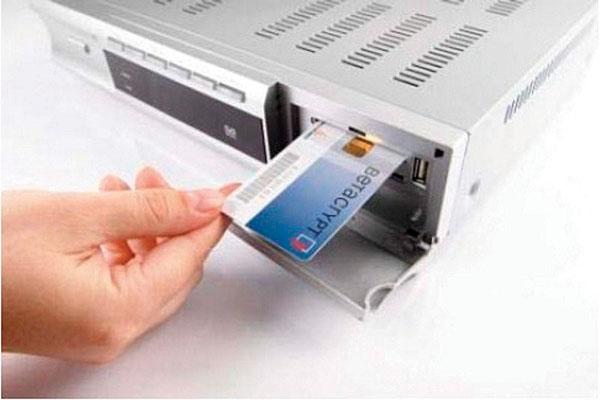CEA Jawbones FCC on Cable Waiver

Sounds reasonable, right? Especially since the FCC has already granted a similar waiver to Cablevision. Not so fast, says CEA: The cable industry has been promising downloadable security for years but has yet to implement it. Charter’s latest move is to deploy boxes with two security chips, one integrated, and one for downloaded updates. But there’s no guarantee that Charter will make the transition to downloadable security within the two-year period of the requested waiver.
Asserts CEA’s FCC filing: “The Commission’s interest in ‘downloadable’ security was based on promises and projections of a functional, nationally standard interface as a successor to CableCARD—promises that were never met despite an explicit promise by the cable industry that its solution would be deployed on a national basis in 2008.” CEA says that such waivers in the past have never produced a functioning downloadable security system, adding tartly: “What the precedents cited by Charter actually illustrate is that waivers beget more waivers.” CEA calls for national deployment of a downloadable security system in STBs available as retail products so consumers won’t be forced to rent a box.
- Log in or register to post comments





























































